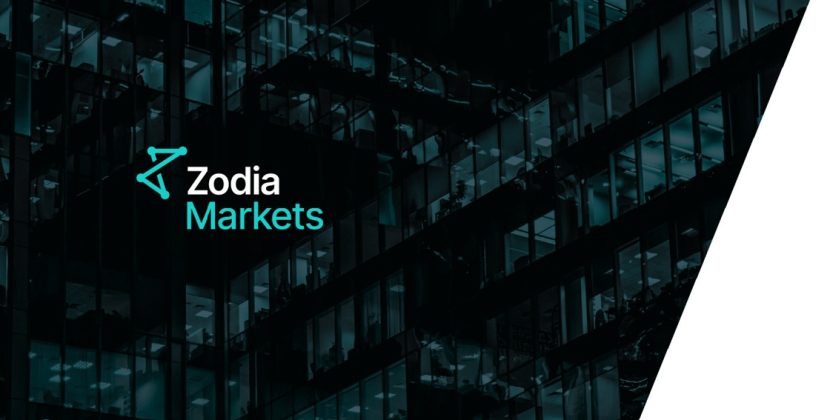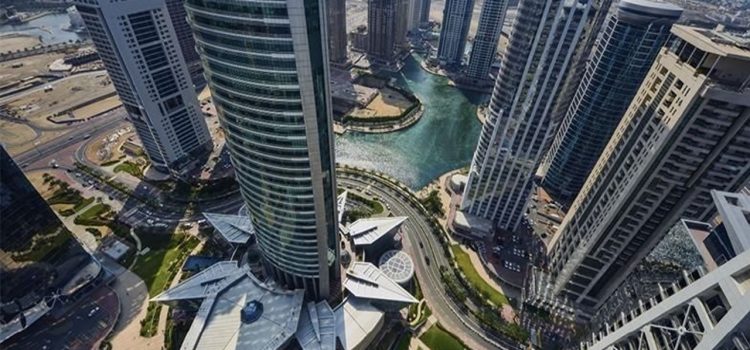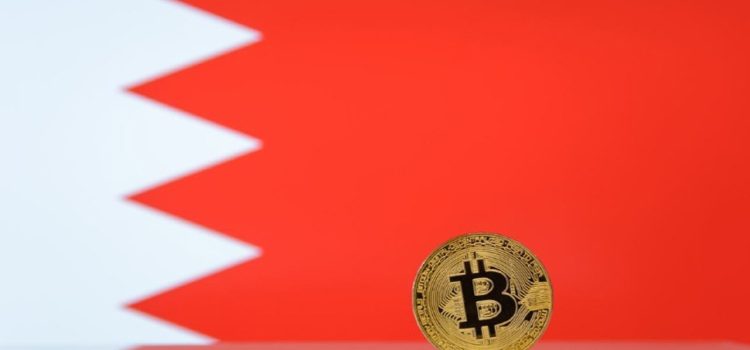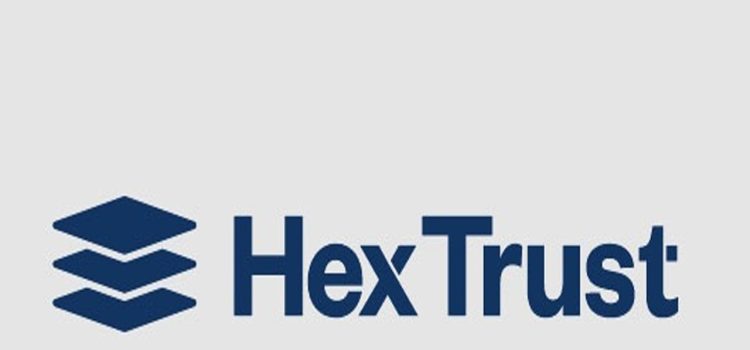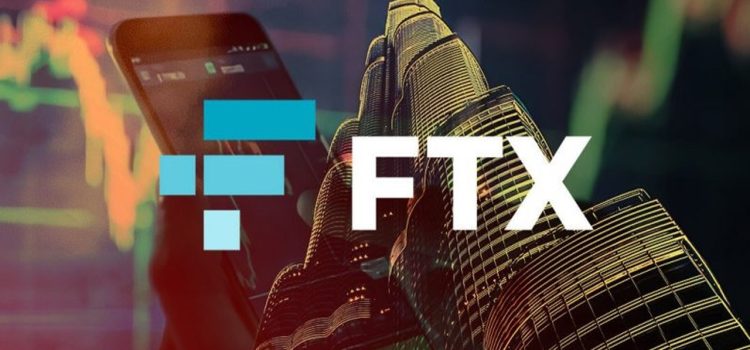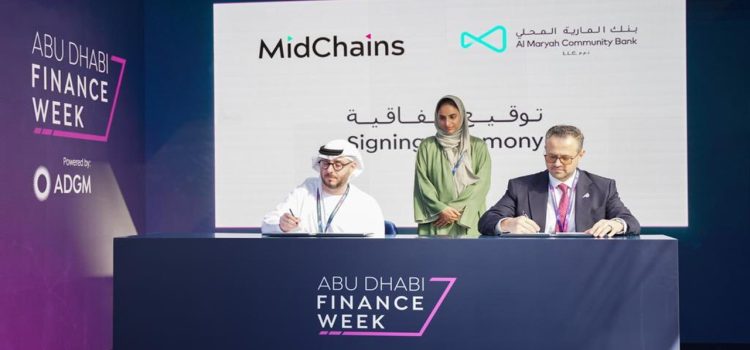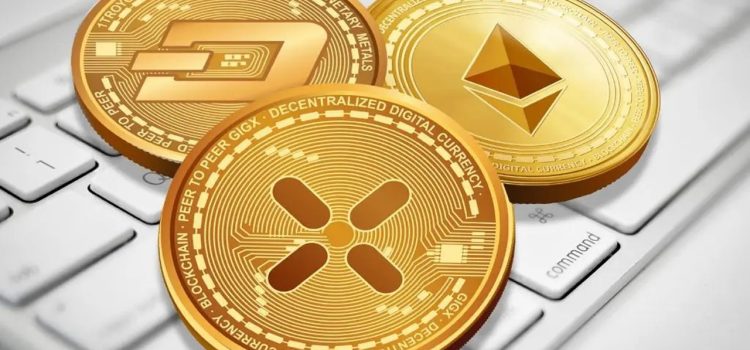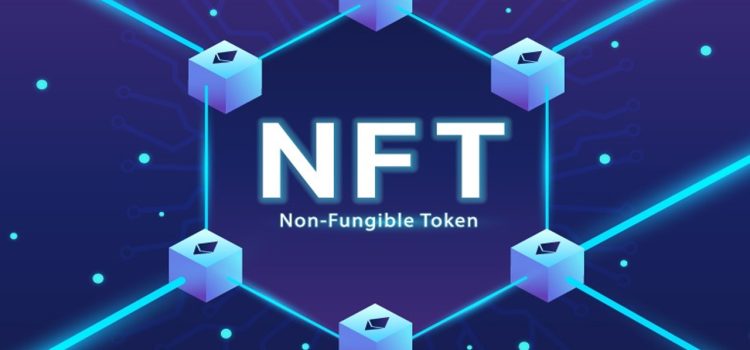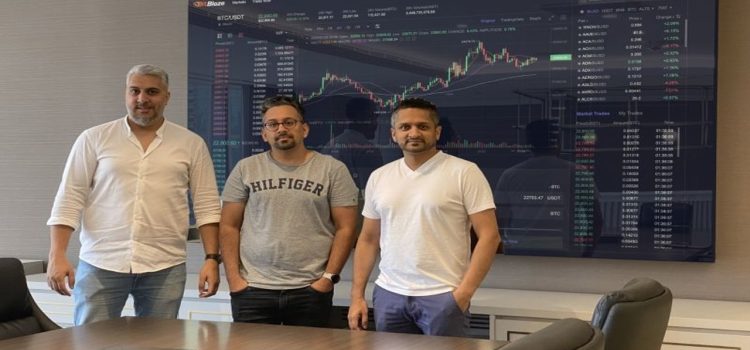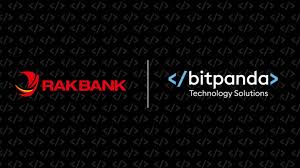
Once again UAE’s DMCC, the free zone for commodities trading has partnered to offer Web3, Blockchain businesses with a $5 million growth platform. This is not the first partnership in this regards and it seems it won’t be the last. Millions of dollars are being poured in for crypto, blockchain and Web entities in DMCC.
Digital Wave Finance Labs, a multi stage web3 investment firm will work with DMCC will establish the DWF Ventures Studio, which will support nascent web3 and blockchain businesses using the DMCC Crypto Centre and Dubai as a hub from which they can scale their operations locally, regionally and globally.
The partnership was announced during the “Sunset Meet and Greet” event organized by DWF Labs on 24 February 2023 in Dubai.
The DWF Venture Studio will provide multiple benefits for early-stage startups based in DMCC, including consultancy services, increased connection to global venture capital, market making services on tier one and two exchanges, a range of workshops and direct capital investments and aim to invest in 50 startups operating in the web3 space, with multiple additional investments for best performing companies, and a USD 500,000 investment for the cohort’s most prominent business.
DWF Labs is part of the broader Digital Wave Finance (DWF) platform, which is one of the world’s largest high-frequency cryptocurrency trading entities. By trading volume, DWF is one of the top five trading entities that trade on the top 40 exchanges, trading over 2000 different types of the digital asset.
Andrei Grachev, Managing Partner, and DWF Labs, added: “DWF Labs’ core goal is to invest in and support innovative entrepreneurs within the web3 space. For this reason, partnering with DMCC and its Crypto Centre is the right step as we expand our footprint both in Dubai and globally. The ecosystem that DMCC has built offers a strong pool of crypto talent that we are looking forward to being part of, building upon, and ultimately further facilitating its success.”
Previously DMCC announced the launch of the DMCC gaming Center to support the gaming industry through a partnership with YaLLa Esports a leading esports organization in the UAE. Furthermore, members were offered the opportunity to join gaming specific acceleration and market entry programs through DMCC’s ecosystem partner, AstroLabs, a leading tech ecosystem builder in the MENA region.
DMCC also partnered the global VC firm Brinc to provide members with access to USD 150 million in funding through their accelerator programs ZK Advancer and The Sandbox Metaverse. Those programs will also be open to DMCC Gaming Centre members developing games on blockchain and web3 technologies.
DMCC, also announced its partnership with global Web3 incubator TDEFi to launch an accelerator program for Web3 and Blockchain companies in DMCC crypto center. The accelerator program will offer mentorship and sessions on crypto and scaling businesses. The program will be over a month long and will run for a minimum of two editions over the next 12 months.
At the end of each cohort, TDeFi will also select a handful of start-ups to be part of its in-depth incubation program, providing them with access to additional TDeFi advisory services and its growing ecosystem.
The investment in Blockchain, Web3 and crypto is growing in the MENA region. According to LaraontheBlock MENA 2023 investor survey revealed that 50% of those surveyed stated they will be allocating more funds to blockchain and crypto projects and entities in 2023. 19% of those surveyed stated in 2022 they had invested more than 50% of allocated capital and funds into crypto and Blockchain projects.
As it looks now DMCC which already houses 36% of UAE’s blockchain and crypto entities might one day house blockchain and crypto unicorns!

